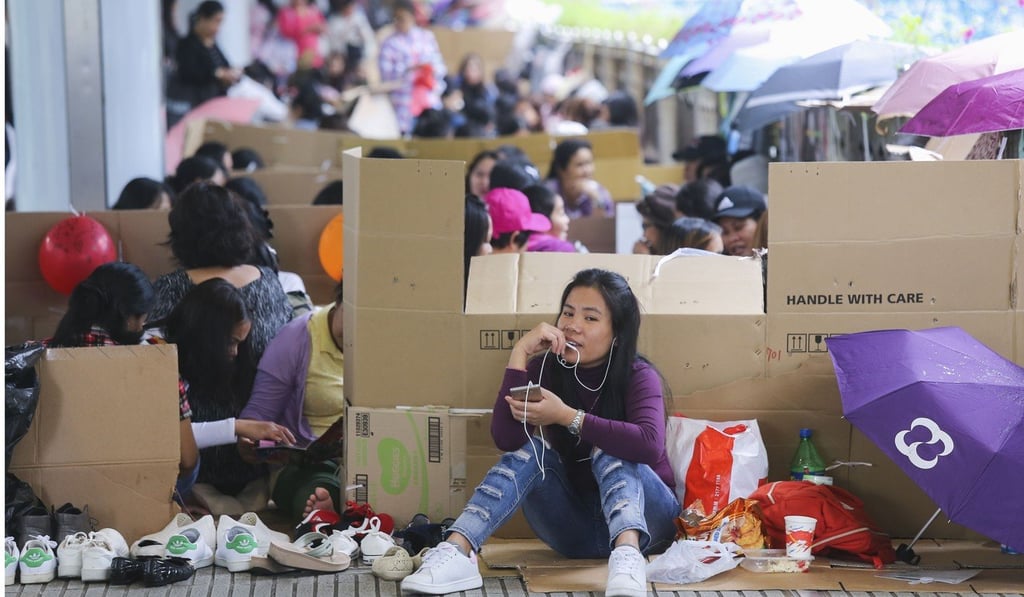Hong Kong students from ethnic minorities star in documentary to help break negative stereotypes
Hong Kong-born Filipino Jianne Soriano made the video Own Voices: Breaking Stereotypes to help bridge the culture gap between young people from ethnic minorities and their Chinese counterparts

Hong Kong-born Filipino Jianne Soriano feels she didn’t have a voice while growing up as a member of an ethnic minority in Hong Kong. That prompted her to make Own Voices: Breaking Stereotypes, a multimedia project comprising documentary-style videos and photographs that tell first hand the stories of ethnic minority members of the community.
Carrie Lam’s help for ethnic minorities is appreciated, but should only be the start
“Growing up in Hong Kong I didn’t really see a lot of people who looked like me on TV or in the wider media. That is why I became a journalist – to give a voice to the voiceless, to tell the stories of people like me,” Soriano says.
Soriano hopes the stories, which examine the stereotypes about ethnic minority youth in Hong Kong, will help form a bridge of understanding between non-Chinese youth and their Chinese counterparts, and start conversations about how to make positive changes.
The report found 19.4 per cent of people from ethnic minorities were living in poverty, up from 15.8 per cent in 2011. It also found that lack of proficiency in languages, especially Chinese, was one of the obstacles to community integration and employment.

“It’s time we spoke out against this injustice because [people from] ethnic minorities are suffering because they are not provided with the same education level or the same privileges that local Chinese students receive,” says 18-year-old Shaikh. “This has left us with minimum or no opportunity to enter tertiary education or to get a job [locally].